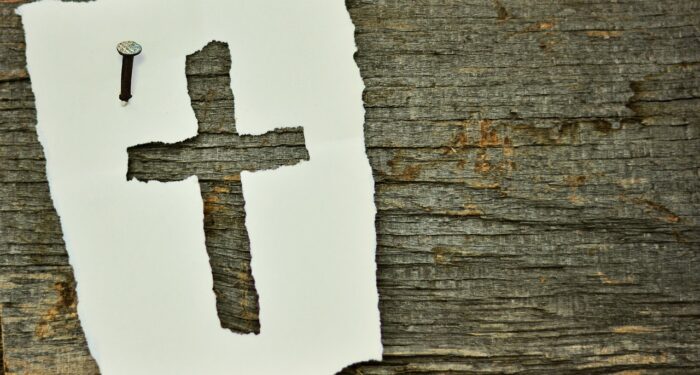
Religious symbols across 200 State-run primary and secondary schools must in future be reflective of the “entire community” in a new blueprint for the sector. This may include 50 formerly Catholic schools now under the Education and Training Board (ETB).
It follows a decade-long consultation, and a review which highlighted confusion over whether some former vocational schools were “de jure multidenominational, but de facto Catholic”.
This stems from legally binding agreements with the Catholic Church, dating back to the 1970s, which oblige a quarter of these schools to maintain a Catholic ethos and provide students with religious instruction. Some of these schools, for example, still have graduation Masses, symbols from the Catholic faith only and facilitate visits from Catholic religious representatives.
However, under the ETB Ireland patrons’ framework on ethos, all State schools in future will be underpinned by five core values. Under the heading of “equality”, the framework states that this should be evident in the “visual images, resources and displays” used in schools. It adds that “religious and belief celebrations which take place throughout the school year are equitable in relation to symbolic representation, time spent and emphasis”.
Where religious symbols are displayed, it says they should be “reflective of the religions and beliefs of the entire school community” and that the community is consulted on the identification of such symbols.
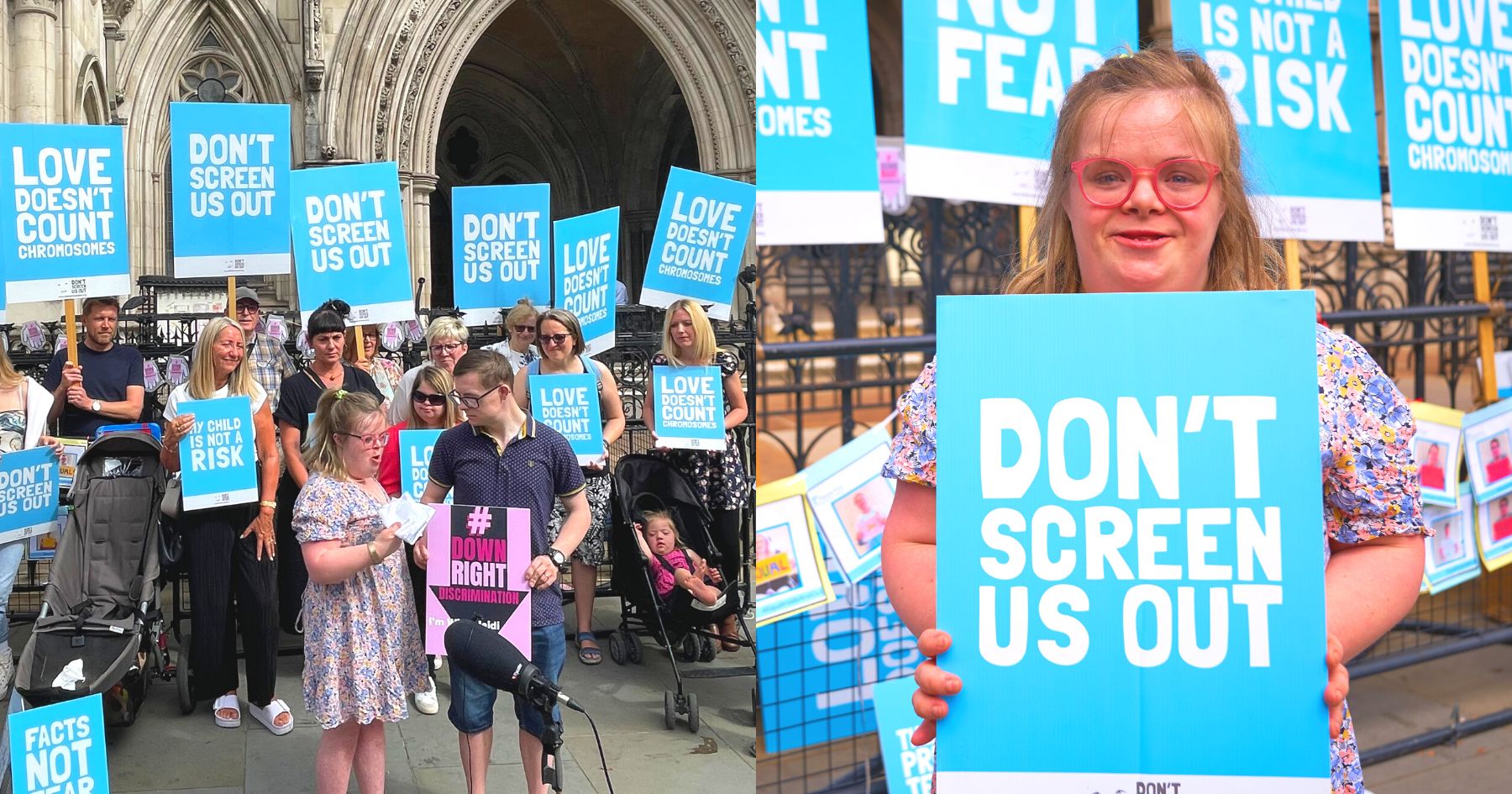
The UK’s Court of Appeal has rejected a landmark case against the UK Government which says that the law allowing abortion up to birth for Down’s Syndrome is discriminatory.
Heidi Crowter, the 24 year old woman with Down’s Syndrome behind the case is now considering seeking permission for it to be taken onto the Supreme Court.
A large group of people with Down’s syndrome and their families had rallied outside the Court today in support of the appeal.
Paul Conrathe, the claimant’s solicitor called the judgement “disappointing and perplexing”.
“Rather than affirming the equal value of those with disabilities, it further adds to the stigmatisation they suffer. This is for the simple reason that the court concluded that the perceptions of people with disabilities about a law which allows the ending of a life because of disability are irrelevant. Yet the law protects the unborn without disabilities, leading to the understandable perception that disabled lives are of lesser value or no value at all”, he said.
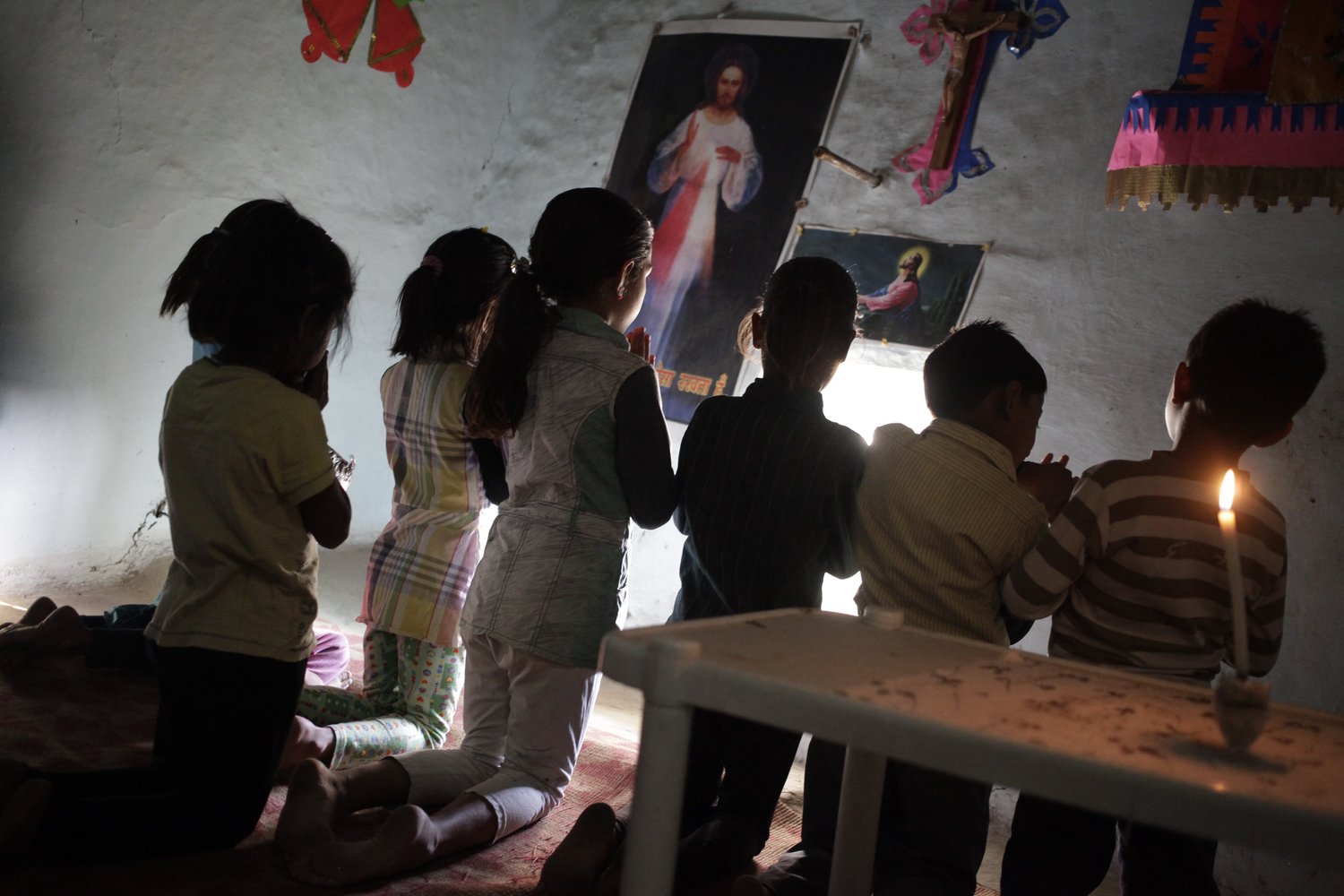
The Supreme Court of India has asked the government to tackle the issue of “forced conversions”, prompting a leading Catholic archbishop to warn that freedom of religion is at stake.
On Monday, the Supreme Court directed the government to handle the “very dangerous” issue of forced conversions, saying the issue may “affect the security of the nation”.
Hindu nationalists often accuse Muslims and Christians of ‘targeting’ marginalised low caste and Tribal Hindus to convert through illicit means, such as offering them food or money.
Several states have already passed anti-conversion laws, which impose fines and jail terms for anyone convicted of a “forced conversion.”
However, Archbishop Peter Machado of Bangalore said there is a problem with “wild accusations against Christians”.
Father Anand Mathew, a Varanasi-based priest engaged in interfaith dialogue, said anti-conversion laws are used to harass Christians. “The truth is that so many Christians have been harassed and persecuted in the name of this very stringent and cruel law. But till today no one has been found guilty of this. No conviction has taken place,” he told Crux.
“So this is a myth created of forced conversions which is very unfortunate that the Supreme Court, the topmost institution of the country and the judges there also have fallen victim to this,” the priest said.
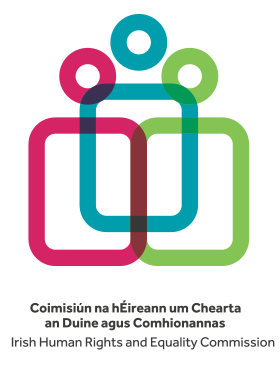
It made the call in its submission to the Review of the Health (Regulation of Termination of Pregnancy) Act 2018.
The legislation allows for abortion in cases where two medical practitioners form a reasonable opinion the child will likely die before, or within 28 days, of birth.
It has also recommended the mandatory three day waiting period be removed, saying time can cause delays in accessing services and affect the completion of care, especially if the initial termination of pregnancy fails and the woman is close to the 12 weeks gestation limit.
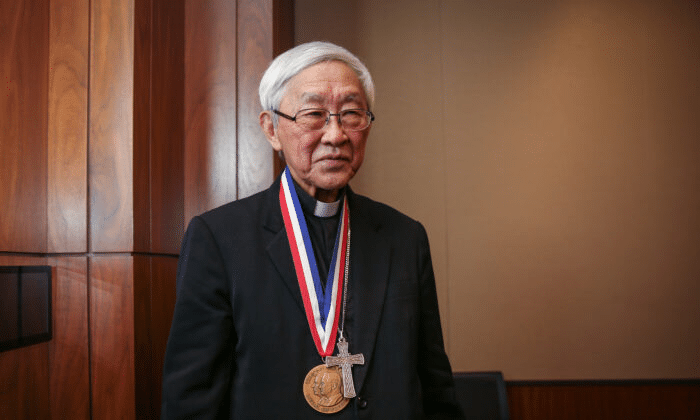
The verdict in the trial of Cardinal Joseph Zen, the 90-year-old former bishop of Hong Kong, is expected to be handed down tomorrow (Friday).
He is one of six pro-democracy advocates arrested under Hong Kong’s national security law.
All six have pleaded not guilty to charges that they failed to register a fund that helped Hong Kong pro-democracy protesters pay for their legal fees and medical treatments.
Senior Counsel Robert Pang defended Zen in court and argued last month that imposing “criminal sanctions on the failure to register must be an infringement of freedom of association.”
Pang has also represented Jimmy Lai, a Catholic pro-democracy advocate and former publisher of Hong Kong’s Apple Daily who has been jailed since December 2020 for violating the same national security law.
Lai’s trial is scheduled for December 1.
In a recent interview, Hong Kong’s current bishop said that the Catholic Church has “not remained idle” in the face of challenges posed by the national security law.

At least 21 countries have urged India to improve its protection of freedom of religion, with several raising concerns over the government’s adoption of discriminatory policies such as “anti-conversion” laws.
The issues were raised during a recent UN sponsored Universal Periodic Review (UPR) process and were highlighted again on Monday by six international human rights groups.
The Hindu nationalist Bharatiya Janata Party (BJP)-led government of Prime Minister Narendra Modi has taken various legislative and other actions that have made it lawful to discriminate against religious minorities, particularly Muslims, and enabled violent Hindu majoritarianism, the groups said.
At least 10 Indian states forbid forced religious conversion, but they misuse the laws to target Christians.
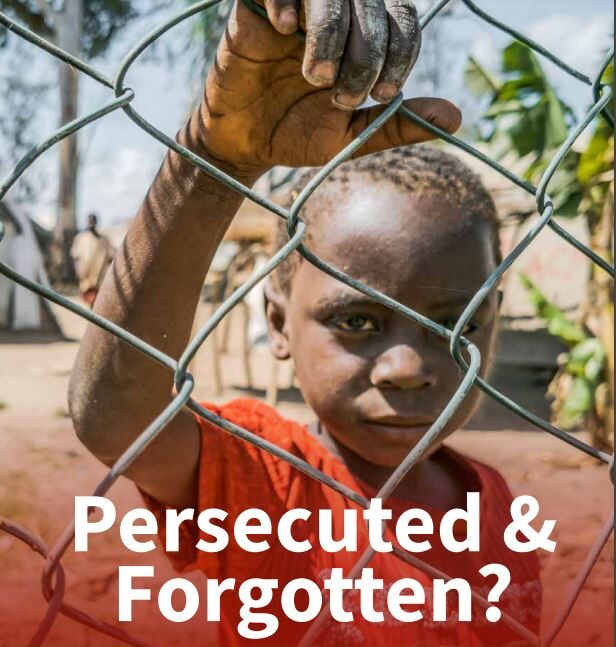
An international Catholic charity has released a major report highlighting the worst examples of Christian persecution over the last two years.
Aid to the Church in Need, Ireland, launched the report on Red Wednesday, the annual day when ACN raises awareness of the plight of persecuted Christians and encourages prayer on their behalf.
‘Persecuted and Forgotten? A Report on Christians oppressed for their Faith 2020-22’, highlights some of the most shocking examples of Christian persecution, from massacres in Nigeria and Ethiopia to the abduction of Christian girls in Pakistan to the arrest of Cardinal Zen in China.
Among the key findings, in 75 percent of countries surveyed, the oppression or persecution of Christians increased. In Africa, the situation of Christians worsened in all countries reviewed, amid evidence of a sharp increase in genocidal violence from militant non-state actors, including jihadists.
In the Middle East, continuing migration deepened the crisis threatening the survival of three of the world’s oldest and most important Christian communities located in Iraq, Syria and Palestine.
In Asia, state-authoritarianism has been the critical factor causing worsening oppression against Christians in Burma (Myanmar), China, Vietnam and elsewhere. At its worst, freedom of religion and conscience is being strangulated, as in North Korea.
Elsewhere in Asia, religious nationalism has caused increasing persecution against Christians in Afghanistan, India, Pakistan and elsewhere.
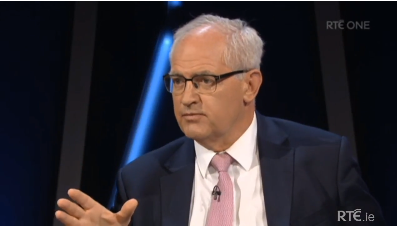
There has been a call for ceasing State-funding of Catholic institutions in education and health-care.
Writing in the Irish Times, Dr Peter Boylan, the former master of the National Maternity Hospital said the Catholic Church “is fully entitled to provide health and education, but if it wants a ‘parallel and alternative option’ to that of the State, delivered according to its ethos, it should not be funded by the State”.
“We have started a debate in this country about assisted dying, but Catholic teaching holds that this would be intentional taking of life and never permissible. Should a future dying with dignity Act be passed, Catholic hospitals will opt out precisely as they do today on abortion, IVF and contraception”, he wrote.
He added: “As we debate these issues and plan for the future, we need to understand that the expanding Catholic healthcare system in Ireland will never provide treatment forbidden by the church even if it is legal in the State. Pupils in Catholic schools will be left in no doubt of the church’s opposition to same-sex marriage or abortion, despite both being legal”.
Dr Boylan did not address whether the resulting shortfall in funding should result in the schools and hospitals closing down or being taken over – in effect “nationalised” – by the State.
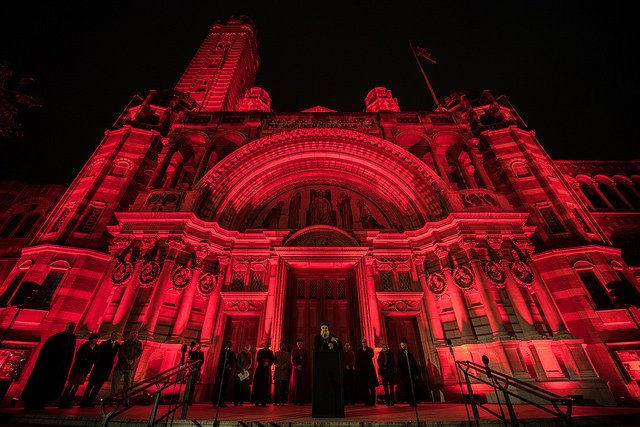
Forced conversions, lost childhoods, years of hiding, living in limbo — the persecution Christians face around the world was given specific, concrete shape by the testimony of survivors at the annual Red Wednesday vespers in Toronto’s St. Michael’s Cathedral Basilica. Red Wednesday, organised by the Pontifical Charity, Aid to the Church in Need (ACN), is being marked November 23rd in Ireland and Britain.
“The first thing they did was forcefully convert us to Islam,” said a 16-year-old Nigerian survivor of kidnapping by Boko Haram, the northern Nigerian terror group whose name means “Western Education is forbidden.”
Taken with 21 other children when she was seven-years-old, Maryamu Joseph is recovering in a trauma centre set up by the Diocese of Maiduguri with help from Aid to the Church in Need. Aid to the Church in Need sponsors the annual Red Wednesday event to commemorate persecuted Christians worldwide. The annual event sees cathedrals and parish churches around the world bathed in red light after dark. St. Michael’s and Montreal’s Mary Queen of the World Basilica were Canadian churches taking part in the Nov. 16 event.
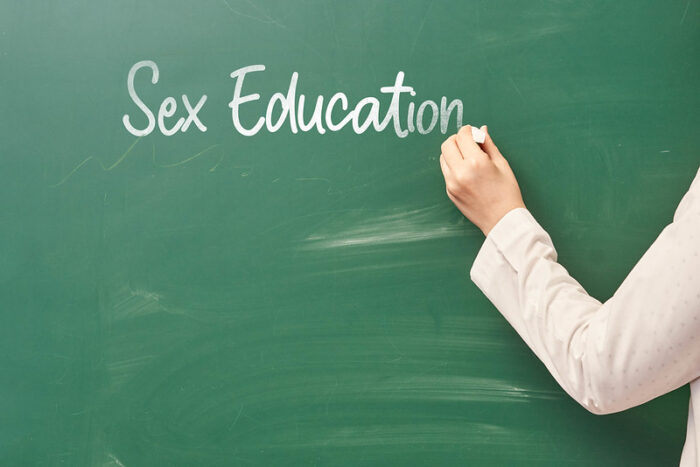
Post-primary teachers are being invited to sign up for a new course to help them deliver classes in sex education to teenagers.
Dublin City University (DCU) has been selected to run a one-year post-graduate course in Social Personal and Health Education (SPHE) and RSE to upskill existing teachers.
It is the first specialist teacher professional development programme of its kind at post-primary level in Ireland.
The Department of Education is funding the course, so teachers will not have to pay any fees. Schools will also be funded for substitute cover to replace those attending the course.
Education Minister Norma Foley said the course would provide a pathway for progression for post-primary teachers interested in developing their skills in SPHE/RSE and would build capacity and leadership within the profession in relation to an important area.
She encouraged any teacher of RSE/SPHE who was eligible to avail of this opportunity.